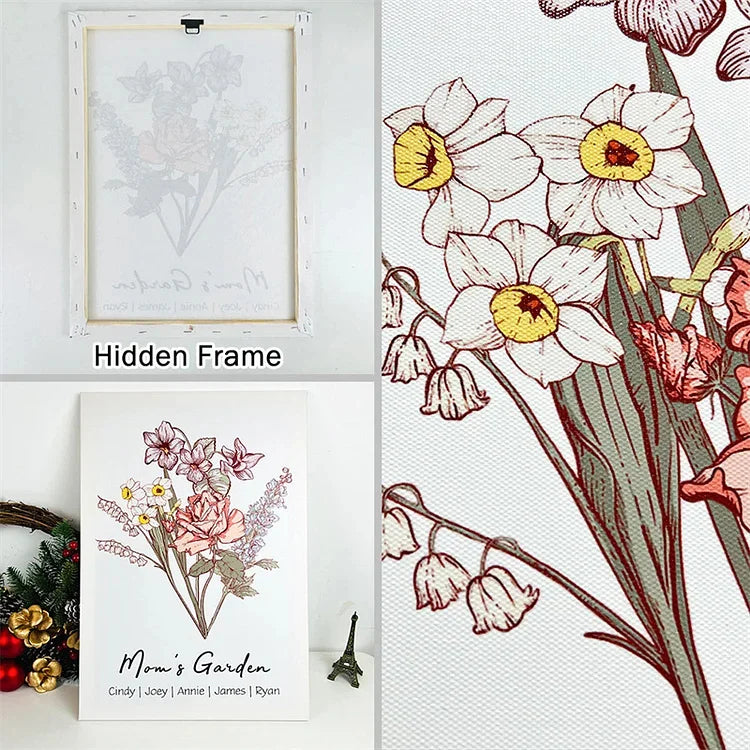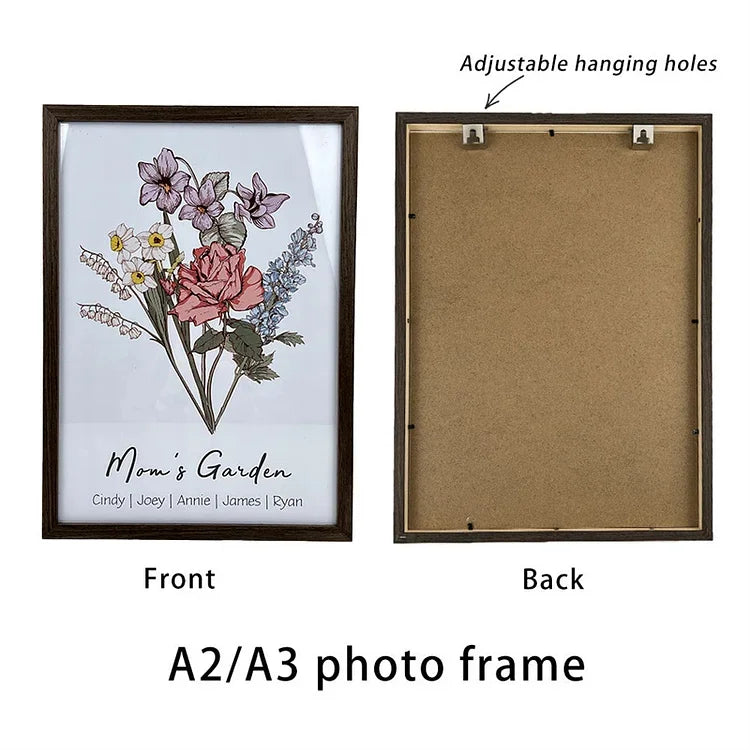Have you ever wondered what it takes to carry a name that commands respect, admiration, and a touch of royal elegance? Regal family names are more than just monikers; they're a legacy, a symbol of prestige, and an invitation to greatness. Whether you're naming your newborn or tracing your ancestral roots, discovering the world of regal family names can open doors to a heritage steeped in history, culture, and power. So, buckle up, because we're about to dive deep into the realm where crowns meet surnames!
Let’s face it, not all names are created equal. Some carry the weight of centuries, whispering tales of empires, dynasties, and legendary figures. These aren’t just names—they’re badges of honor, and they resonate with an aura that screams "royalty." If you've ever felt the need to inject a bit of majesty into your family tree, you're in the right place. This article is your ultimate guide to uncovering and understanding regal family names.
We’ll explore the origins, meanings, and cultural significance of these noble titles, while also offering practical tips for those who want to embrace their inner king or queen. So, whether you're crafting a new surname for your family or simply fascinated by the allure of regal nomenclature, this journey promises to be nothing short of epic.
Read also:Unveiling The Reputation A Comprehensive Review Of Dra Marilyn Cote San Andreacutes Cholula
Table of Contents:
- Origins of Regal Family Names
- Cultural Significance
- Historical Context
- Nobility and Royalty
- Modern Usage
- Tips for Choosing Regal Names
- Examples of Regal Family Names
- Statistics and Trends
- Famous Figures with Regal Surnames
- Conclusion
Origins of Regal Family Names
Regal family names didn’t just pop out of nowhere, ya know? They’ve got a rich history that stretches back to the days when kingdoms ruled the world and nobility was all the rage. These names often originated from titles, lands, or even heroic deeds performed by ancestors. Back in the day, if your grandpa saved a village or married into royalty, chances are his name got upgraded to something fancy.
From Titles to Surnames
Many regal family names started as titles. Think "King," "Duke," or "Earl." Over time, these titles evolved into surnames that were passed down through generations. For instance, the surname "King" might not mean you’re royalty today, but back in medieval times? That could’ve been a big deal.
Geographical Influences
Another cool thing about regal family names? A lot of them are tied to places. Names like "Windsor" or "York" were originally linked to specific regions or castles. So, if your family name sounds like a map, there’s probably a reason for that.
Cultural Significance
Regal family names aren’t just about sounding fancy—they’re deeply rooted in culture. Different regions around the world have their own versions of these majestic titles, each carrying unique meanings and traditions.
European Influence
In Europe, regal names often reflect the continent’s long history of monarchy. Surnames like "Von" in German or "De" in French indicate noble origins. These prefixes were like VIP passes to the upper echelons of society.
Read also:Male Happy Birthday Special Friend Celebrating The Bros In Style
Asian Royalty
Meanwhile, in Asia, regal family names often have ties to ancient empires. Japanese surnames like "Minamoto" or "Taira" were once associated with powerful samurai clans. Similarly, Chinese names like "Zhou" or "Han" carry historical weight, tracing back to imperial dynasties.
Historical Context
Understanding the history behind regal family names gives them even more depth. These names weren’t just random; they were carefully chosen to reflect the values and achievements of their bearers.
For example, during the Middle Ages, knights who performed heroic acts were often granted noble titles and surnames. This was their reward for loyalty and bravery. Over time, these names became symbols of honor and respect.
Nobility and Royalty
Let’s talk about the big players—nobility and royalty. These groups were the original trendsetters when it came to regal family names. Kings, queens, dukes, and duchesses all had surnames that shouted "power" from the rooftops.
How Nobility Got Their Names
Back in the day, nobles often took their surnames from the lands they owned or the titles they held. For instance, the Duke of Buckingham became associated with the Buckingham family. It was all about ownership and legacy.
The Role of Royalty
Royal families took naming very seriously. They wanted their surnames to reflect their divine right to rule. Think of the House of Tudor or the House of Habsburg—these names weren’t just labels; they were declarations of authority.
Modern Usage
Fast forward to today, and regal family names are still around, though their meanings might’ve shifted. Some people choose these names for their babies because they sound classy, while others use them to honor their heritage.
Popularity in Naming Trends
Believe it or not, regal family names are making a comeback in modern naming trends. Parents are increasingly drawn to surnames like "Montgomery" or "Hastings" because they exude sophistication. Plus, who wouldn’t want their kid to have a name that sounds like it belongs on a castle wall?
Global Appeal
It’s not just Western cultures embracing regal names anymore. Families worldwide are adopting these titles, blending tradition with contemporary flair. The result? A melting pot of majestic monikers that transcend borders.
Tips for Choosing Regal Names
So, you want to pick a regal family name for yourself or your little one? Here are some tips to help you out:
- Research the meaning and origin of the name to ensure it aligns with your values.
- Consider how the name sounds when spoken aloud—does it roll off the tongue or feel clunky?
- Look into famous figures who share the name to gauge its reputation.
- Think about whether the name will age well; you don’t want something that feels outdated in 20 years.
Examples of Regal Family Names
Need some inspiration? Here are a few examples of regal family names from around the world:
- Windsor (English)
- Bourbon (French)
- Habsburg (Austrian)
- Tudor (Welsh)
- Minamoto (Japanese)
- Zhou (Chinese)
Statistics and Trends
Data can tell us a lot about the popularity of regal family names. According to recent studies, there’s been a noticeable uptick in interest over the past decade. Social media platforms like Instagram and Pinterest are filled with parents sharing their favorite royal-inspired names.
One interesting stat? Names with "Von" or "De" prefixes have seen a 30% increase in usage among millennial parents. Who knew adding a little flair could make such a big impact?
Famous Figures with Regal Surnames
Let’s not forget the famous folks who’ve carried regal family names throughout history:
Queen Elizabeth II
Okay, duh, right? But seriously, Her Majesty’s surname, "Windsor," has become synonymous with British royalty. The Windsors are one of the most recognized royal families in the world.
Julia Roberts
Did you know Julia Roberts’ maiden name is "Hajdu"? While it might not scream "royalty" to everyone, in Hungarian culture, it’s considered a noble surname.
Conclusion
Regal family names offer a glimpse into a world where power, prestige, and legacy reign supreme. Whether you’re exploring your ancestry or brainstorming names for your future progeny, these majestic titles have something to offer everyone. They remind us of our shared human history and the timeless allure of greatness.
So, what’s next? Share your thoughts in the comments below! Do you have a regal family name? Or are you thinking of adopting one? Let’s keep the conversation going and celebrate the magic of these magnificent monikers together.


